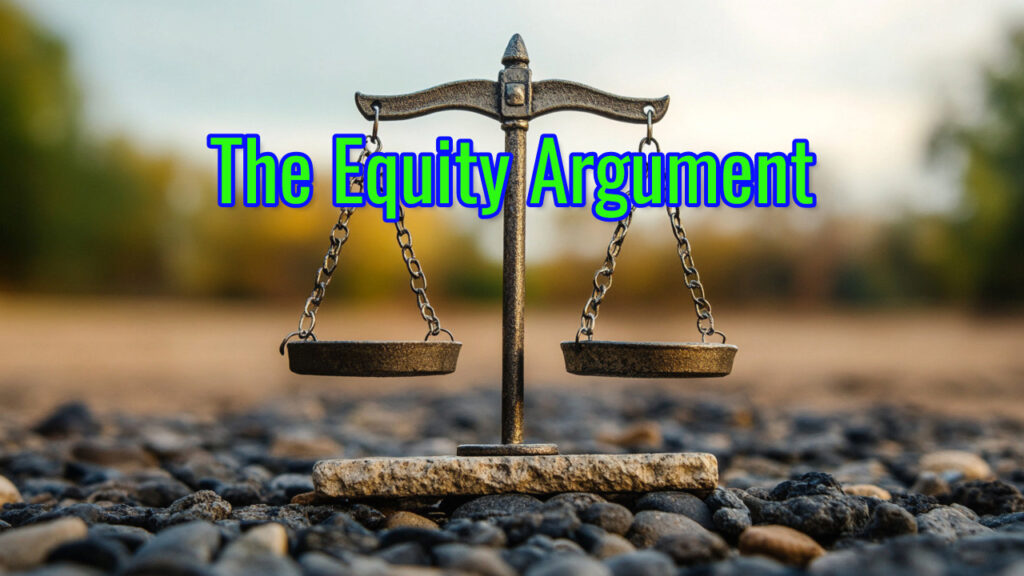Taxation has been a contentious topic for ages, sparking debates that often spiral into circular reasoning. Many believe taxation is theft, while others argue it is a necessary part of societal structure. In this blog, we will delve deep into why taxation is considered theft and refute the standard arguments against this notion.
The Definition of Theft and Taxation
We must first examine the definitions to understand why taxation is considered theft. Theft is the non-consensual appropriation of property. It’s a straightforward concept: if someone takes something from you without your permission, that’s theft. Conversely, taxation is defined as compulsory levies governments impose on individuals or entities. The key word here is “compulsory,” which inherently means non-consensual.
At its core, taxation involves the government taking your money without your explicit consent. This leads us to a fundamental question: can taxation ever be consensual? To argue that it is not theft, one must claim that taxation is consensual or that the money being taxed is not property. Both arguments, however, face significant philosophical and ethical challenges.
The Charity Analogy
Consider a scenario where you run a charity aimed at helping children with cancer. You canvass for donations; while some willingly contribute, others do not. Would you ever resort to threatening those who refuse to donate? It’s an absurd notion, yet this is precisely what the government does when it taxes its citizens.
By compelling individuals to pay taxes under the threat of violence, the government assumes it knows better how individuals should allocate their resources, effectively overriding their autonomy. This leads to a contradiction: the government claims to uphold property rights while simultaneously infringing upon them through taxation.
Common Arguments Against Taxation Being Theft
Several arguments are often made to refute the idea that taxation is theft. Let’s examine these arguments and their flaws.
The Gun Argument
One common argument is that since the IRS doesn’t hold a gun to your head while you pay taxes, it’s not theft. This perspective is fundamentally flawed. Just because there isn’t an immediate threat doesn’t negate the eventual consequences of non-compliance. If you refuse to pay taxes, you may receive threatening letters, court summons, and armed enforcement. Ignoring the causal chain between tax evasion and potential violence is a classic philosophical illiteracy.

Legal Expropriation
Another argument states that taxation cannot be theft since it is legal. This is a circular reasoning fallacy. Just because something is legal does not inherently make it moral or just. Throughout history, many legal actions have been unethical, such as the Holocaust or the invasion of Ukraine. To claim that legality equates to morality is a gross oversimplification that fails to consider ethical principles.
The Social Contract Theory
Some assert that taxation is justified by the social contract theory, arguing that by living in society, individuals consent to taxation. However, this theory is flawed because it assumes consent where none exists. If you are born into a culture that demands taxes, you are not truly consenting to the social contract. Moreover, the lack of alternative options to escape such a contract further undermines this argument.
Refuting the Just Move Argument
Another argument claims that you can move to another country if you don’t like taxation. This is misleading. Many individuals are unable to move due to financial constraints or other circumstances. Moreover, even if you relocate, you may still be subject to taxes from your home country, illustrating that there is no escape from taxation.
Public Goods and Taxation
Supporters of taxation often argue that it funds public goods, which benefit everyone. However, what happens if you don’t want to use those public goods? If a street is built and you never use it, should you still be obligated to pay for it? This raises questions about consent and the validity of funding something you do not utilize.
The Voting Argument
Another argument posits that taxation is consensual since citizens can vote on tax policies. This logic is flawed; the majority rule does not imply consent. If a group votes to harm an individual, that action remains unethical regardless of the majority opinion. Consent is not determined by a vote but by individual autonomy.

Voluntary Interaction Argument
Some argue that taxation is not theft because individuals must engage in voluntary interactions, such as earning income. However, consenting to earn money does not imply consent to have a portion of that money taken away. If a robber demands your wallet under threat, your initial consent to carry cash does not equate to consent to theft.
Wasted Resources: The Inefficiency of Government Spending
Another perspective is that taxation can only be considered theft when individuals receive nothing of value in return. While some acknowledge that taxes can be theft, many argue that it is justified as long as some services are provided. However, this argument fails to recognize that much of tax revenue is wasted through bureaucratic inefficiency.
The concept of the bureaucratic rule of two suggests that government projects often cost at least twice as much as similar projects executed within the private sector. This inefficiency raises the question of whether the services funded by taxes are worth the cost. In many cases, individuals could find better alternatives through voluntary transactions.
The Equity Argument
Some left-leaning individuals argue that taxation is a form of collective justice, redistributing wealth to create a more equitable society. However, this argument rests on a flawed assumption that inequality is inherently unjust. The reality is that unequal outcomes can arise from various factors, including individual choices and market dynamics.
Furthermore, the notion that the government can rectify inequality is misguided. Governments are composed of individuals who exhibit the same flaws and biases as anyone else. Attempting to create equity through taxation often leads to more significant government control and inefficiency.

Utilitarianism and Taxation
Utilitarian arguments suggest that taxation is necessary for society’s functioning. However, this perspective fails to challenge the idea that taxation is theft. Just because a society benefits from taxation does not negate the ethical implications of the non-consensual appropriation of property. The moral dilemma remains, as individuals may not enjoy paying taxes any more than the child in the “Ones Who Walk Away from Omelas” scenario enjoys being tortured for the greater good.
Conclusion: The Case Against Taxation as Theft
In conclusion, the arguments against the assertion that taxation is theft often fall short when critically examined. From the definitions of theft and taxation to the ethical implications of consent, it becomes clear that taxation, as it currently stands, operates under a system of non-consensual appropriation of property.
While some may argue that taxation is necessary for societal functions, it is essential to question the morality and efficiency of such a system. Ultimately, recognizing taxation as theft is crucial to understanding the broader implications of property rights and individual autonomy.
If you want to explore this topic further, consider engaging in discussions, reading literature, and advocating for more transparent and voluntary funding for public goods.
Thanks for Reading
Steven G Smith






More Stories
Understanding Trump Derangement Syndrome: Diagnostic Criteria and Its Impact on Political Discourse and Media Commentary.
Ex-Marine Discusses Afghanistan’s Aftermath and Growing Islamist Threat in Britain
Why Socialism Makes Government Corruption Worse